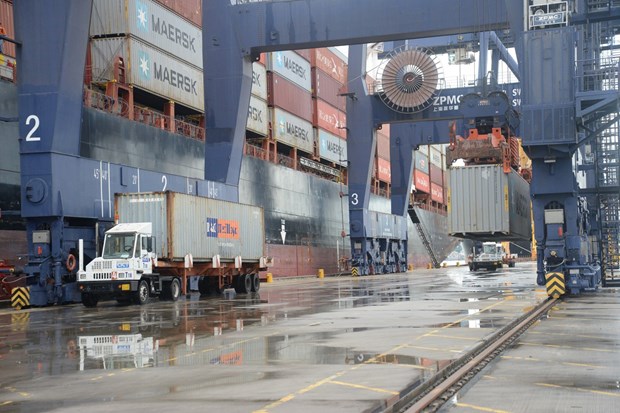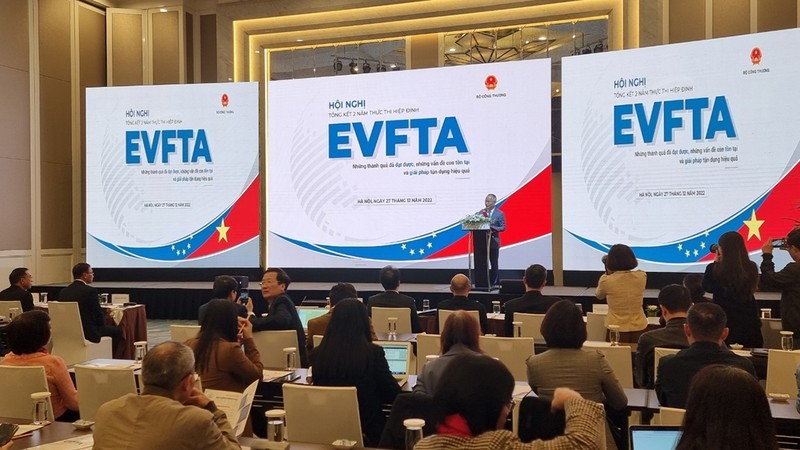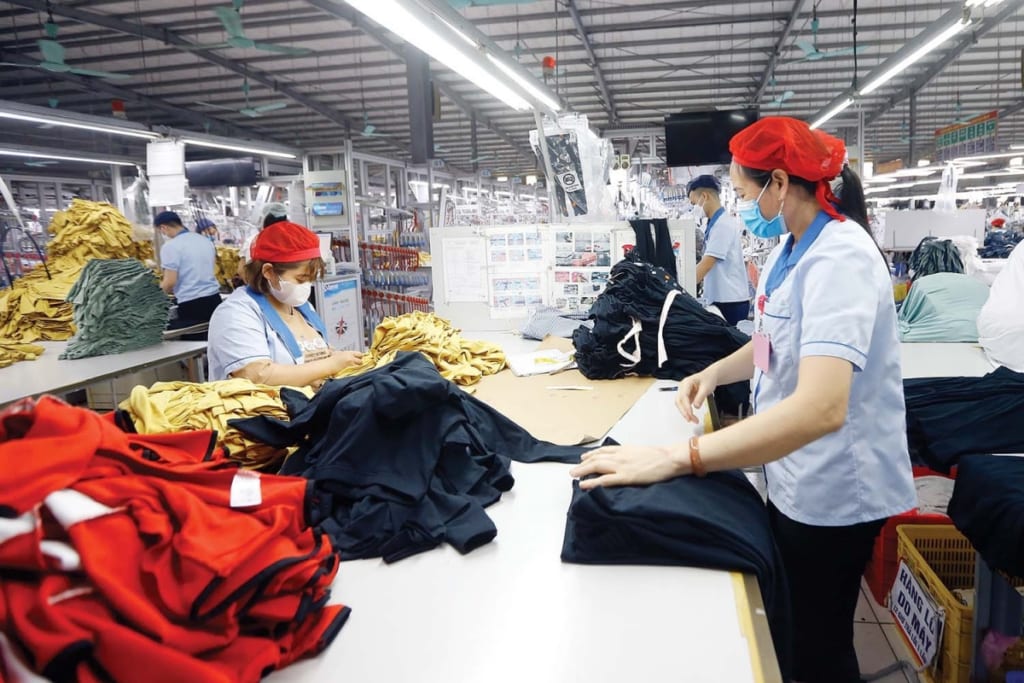
Human Resource Management (HRM) plays a crucial role in organizations around the world, and Vietnam is no exception. With its rapidly growing economy and evolving business landscape, Vietnam has witnessed significant changes in HRM practices over the years. This article explores the key elements of HRM practices in Vietnam, cultural factors influencing HRM practices, challenges and opportunities in the field, notable HRM practices in Vietnamese organizations, future trends, and more.
Introduction
HRM, in simple terms, refers to the strategic approach organizations adopt to manage their workforce effectively. It encompasses various functions such as recruitment, training, performance management, and compensation. The importance of HRM lies in its ability to align human capital with organizational goals, ensuring the right talent is in the right place at the right time.
Historical Overview of HRM activities in Vietnam
Before delving into the current state of HRM in Vietnam, it is essential to understand its historical context. During the pre-reform period, when Vietnam followed a centrally planned economy, HRM practices were primarily influenced by socialist principles. The government played a significant role in workforce management, and individual organizations had limited autonomy in HR decision-making.
However, since the introduction of the Doi Moi policy in the late 1980s, Vietnam has experienced a shift towards a market-oriented economy. This transformation brought about substantial changes in HRM practices. Organizations began to embrace more modern HRM approaches, emphasizing performance-based evaluations, employee development, and aligning HR strategies with business objectives.
Key Elements of HRM in Vietnam
To gain a comprehensive understanding of HRM in Vietnam, it is crucial to examine its key elements. Firstly, the recruitment and selection processes play a vital role in identifying and attracting suitable talent. Vietnamese organizations often prioritize cultural fit and loyalty when selecting candidates, valuing long-term commitment over short-term gains.
Secondly, training and development programs have gained significance in recent years. As Vietnam’s economy diversifies and becomes more knowledge-intensive, organizations recognize the importance of continuous learning and skills development. They invest in training programs to enhance employees’ capabilities and keep up with industry advancements.
Performance management systems constitute another crucial element of HRM in Vietnam. To drive employee performance and engagement, Vietnamese organizations are increasingly adopting performance-based evaluations, emphasizing clear goal-setting, regular feedback, and recognition of achievements.
Finally, compensation and benefits policies have undergone changes to attract and retain talent in a competitive market. Organizations are offering a mix of financial and non-financial rewards, including performance-based bonuses, flexible working arrangements, and opportunities for career growth.
Cultural Factors Influencing HRM in Vietnam
Vietnamese culture significantly influences HRM practices in the country. Collectivism and harmony hold great importance in Vietnamese society, and this extends to the workplace. Vietnamese organizations foster a collaborative work environment, emphasizing teamwork, consensus-building, and group decision-making.
Relationship-oriented management styles are prevalent in Vietnam. Managers prioritize building strong relationships with their subordinates and cultivating a sense of trust and respect. This approach creates a harmonious work environment and promotes employee loyalty.
Furthermore, the impact of Confucianism is visible in HRM practices. Confucian values such as respect for authority, filial piety, and hierarchical relationships influence organizational structures and communication channels within Vietnamese organizations. HR professionals must navigate these cultural nuances to ensure effective implementation of HRM practices.
Challenges and Opportunities in HRM in Vietnam
While Vietnam presents significant opportunities for economic growth and business expansion, several challenges persist in the realm of HRM. The dynamic labor market poses challenges in talent acquisition, particularly for specialized and high-demand skill sets. Organizations must adopt innovative recruitment strategies and establish strong employer branding to attract top talent.
Additionally, the need for skilled workforce development is critical for Vietnam’s sustainable growth. HRM practitioners must collaborate with educational institutions and vocational training providers to bridge the skills gap and equip the workforce with the necessary competencies.
Embracing technological advancements is another challenge and opportunity for HRM practice in Vietnam. The digital transformation wave has disrupted traditional HR practices, leading to the adoption of HR technologies and automation tools. Organizations must strike a balance between technological advancements and maintaining the human touch in HR processes.
HRM Practices in Vietnamese Organizations
Numerous Vietnamese organizations have successfully implemented innovative HRM practices. For instance, some companies have introduced flexible work arrangements, allowing employees to have a better work-life balance. Others have established mentoring programs to facilitate knowledge transfer and talent development.
Moreover, employee engagement initiatives are gaining traction. Organizations are focusing on creating a positive work environment, fostering open communication channels, and recognizing employees’ contributions. These practices contribute to increased job satisfaction, productivity, and retention.
Future Trends for HRM in Vietnam
Looking ahead, several trends are expected to shape the future of Human Resource Manager in Vietnam. HR technology and automation will continue to play a significant role in streamlining HR processes, enabling data-driven decision-making, and improving efficiency.
Furthermore, the importance of employee well-being and work-life balance will gain more attention. Vietnamese organizations will focus on creating supportive environments that prioritize mental health, employee development, and work-life integration.
Diversity and inclusion will also become increasingly important. Organizations will strive to create a diverse workforce and foster inclusive cultures that value different perspectives and backgrounds. This approach promotes innovation, creativity, and better decision-making.
Conclusion
HRM in Vietnam has evolved significantly in response to the country’s economic and social changes. As organizations adapt to a more market-oriented economy, HRM practices have become crucial for attracting, developing, and retaining talent. By understanding the key elements of HRM, considering cultural factors, and addressing challenges and opportunities, Vietnamese organizations can build strong and sustainable HR strategies.
FAQs
- What are the legal requirements for HRM in Vietnam? Vietnamese organizations must comply with various labor laws and regulations related to recruitment, employment contracts, working hours, minimum wages, and occupational safety and health.
- How does HRM contribute to organizational success in Vietnam? HRM ensures that organizations have the right talent, promotes employee engagement and productivity, supports skill development, and aligns HR strategies with business objectives, leading to enhanced organizational performance.
- What are the challenges faced by HR professionals in Vietnam? HR professionals in Vietnam face challenges in talent acquisition, skills development, adapting to technological advancements, and navigating cultural nuances.
- Are there any cultural barriers to effective HRM implementation in Vietnam? Yes, cultural factors such as collectivism, relationship-oriented management styles, and Confucian values can pose challenges in implementing HRM practices that align with Western models.
- How can organizations adapt their HRM practices to meet future needs in Vietnam? Organizations can adapt by leveraging HR technology, prioritizing employee well-being, embracing diversity and inclusion, and fostering a learning culture that supports continuous skill development.
Follow our channel for more updated news of Vietnamese labour market



